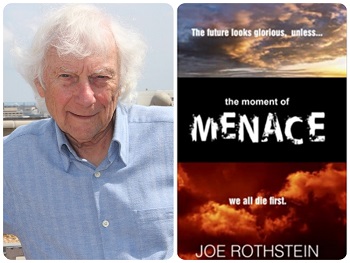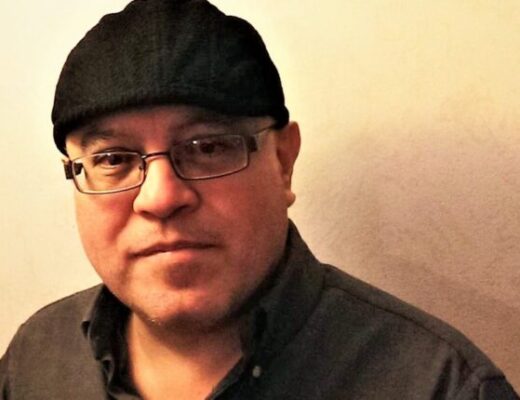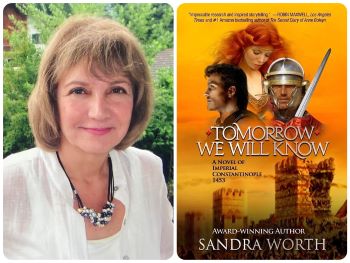By Olivia Kozlevcar
This article was first published in Washington Independent Review of Books here.
Given our current political climate, it’s hard to imagine writing DC-themed fiction that’s stranger than truth, but Joe Rothstein has done just that in his new novel, The Moment of Menace: The Future Looks Glorious…Unless We All Die First. Rothstein, whose long career spans both politics and literature, braids the two worlds together in a riveting story that gives readers a glimpse of what our democracy could become — for better or worse.
Your deep knowledge of politics comes through in this book. Is it challenging writing fictional stories about a very real system?
Think about what it means to be a candidate. Depending on the political office at stake, you will need to raise considerable campaign money, much of it by personally asking friends, family, co-workers, strangers. In a real sense, you will have to learn to beg. You will have to hire a professional staff and recruit dozens, hundreds, possibly thousands of volunteers, a hugely difficult exercise in high-pressure management. You will need to appear in public every day, sometimes in the media, weighing every word lest it be misinterpreted, often purposely, by the opposition.
Tension will increase as Election Day approaches, whether the polls have you ahead or behind. The money won’t be enough. The attacks on your character will increase, all in public media. Your family will feel under siege. You will get conflicting advice. Every day, you will need to make decisions, any one of which could cause you to win or lose the election. This is stuff of high drama, and I lived it through more than 200 campaigns. Marriages were…destroyed, so were reputations, wealth, hopes, and dreams. I don’t need to use my imagination to develop characters and situations. I just need to remember.
Your novel follows a charismatic American president named Isabel Aragon Tennyson. How did you shape this character?
During my campaign career, I met many strong, capable, and courageous women: candidates, spouses, campaign leaders, and others. We’ve never elected a woman president. I decided that I would, and that she would be a composite of many women I met who would have made great real-life presidents.
This book is as much a dystopian novel as a thriller. Do you find it difficult to approach the dystopia genre without being overly pessimistic?
I’m a democrat with both a small and capital D. But democracy is struggling to effectively meet the challenges of the 21st century. And because democracy is underperforming, anti-democratic forces are presenting a serious challenge. It’s essential to recognize and meet this challenge. So, I write not as a purveyor of doom but rather with a call to action. Rather than write essays about this, I’ve chosen to write entertaining thrillers and wrap them around real public problems.
What does waiting to write until you’ve gained some life experience bring to the resulting work?
Perspective. The curved edges of “good” and “evil” and “right” and “wrong.” Living through chapters of life to see many of them resolve, gaining insight from experience.
What’s next for you?
One of my summer-vacation jobs in college was with an automobile stunt show, sort of a car circus of smashed cars, daredevil motorcyclists, and a finale with a car and driver being shot out of a cannon. We traveled the country as the Motor Olympics. I was “Suicide Saunders.” That’s my next book.





No Comments